Hardware-accelerated GPU scheduling is a behind-the-scenes change in Windows to move processing GPU requests from the CPU to the GPU. Does enabling the feature have any impact on content creation performance?
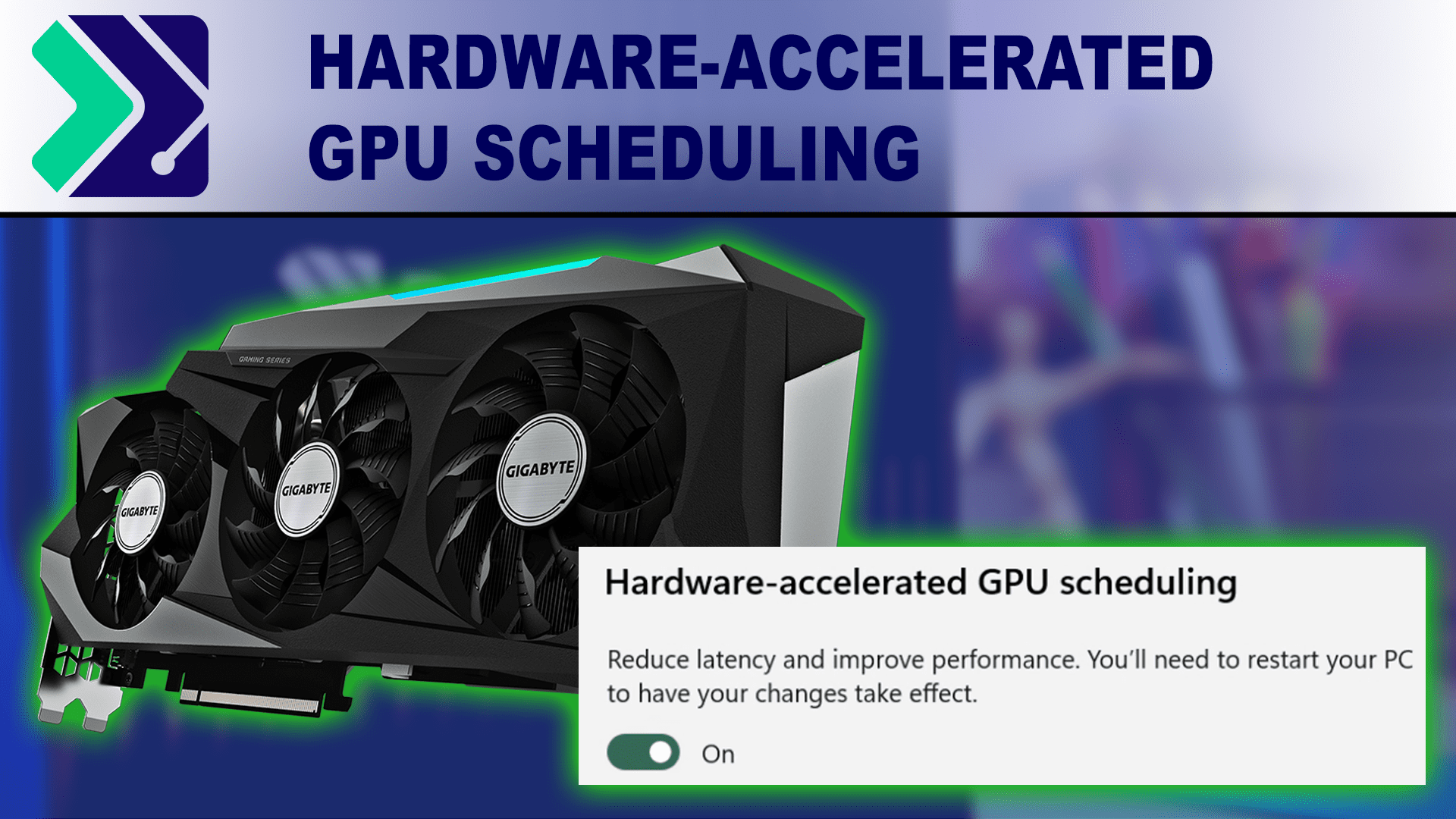

Hardware-accelerated GPU scheduling is a behind-the-scenes change in Windows to move processing GPU requests from the CPU to the GPU. Does enabling the feature have any impact on content creation performance?
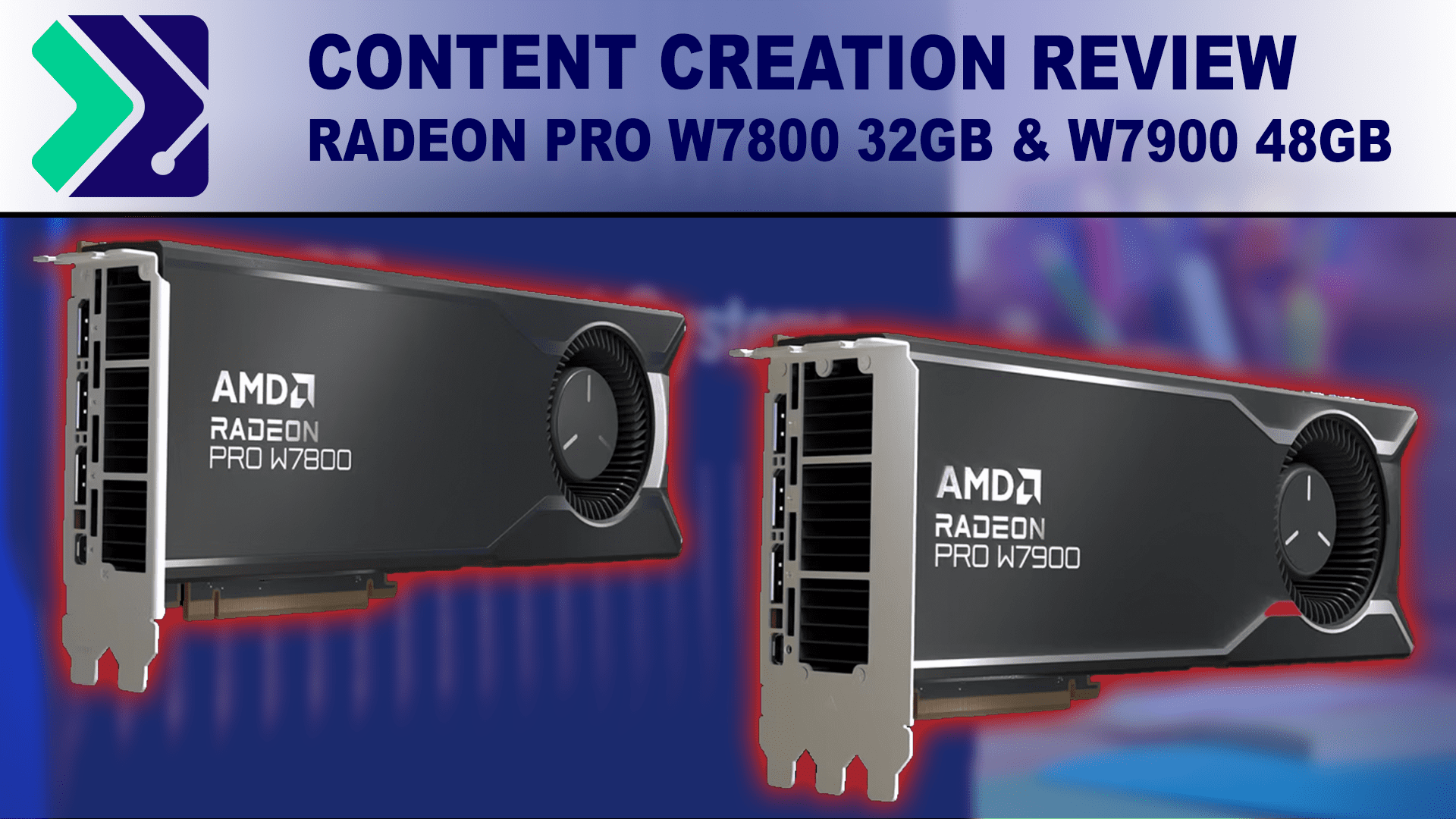
AMD’s has released the Radeon PRO 7000 series of graphics cards featuring up to 48 GB of VRAM. How do they compare to NVIDIA’s RTX Ampere and Ada GPUs?
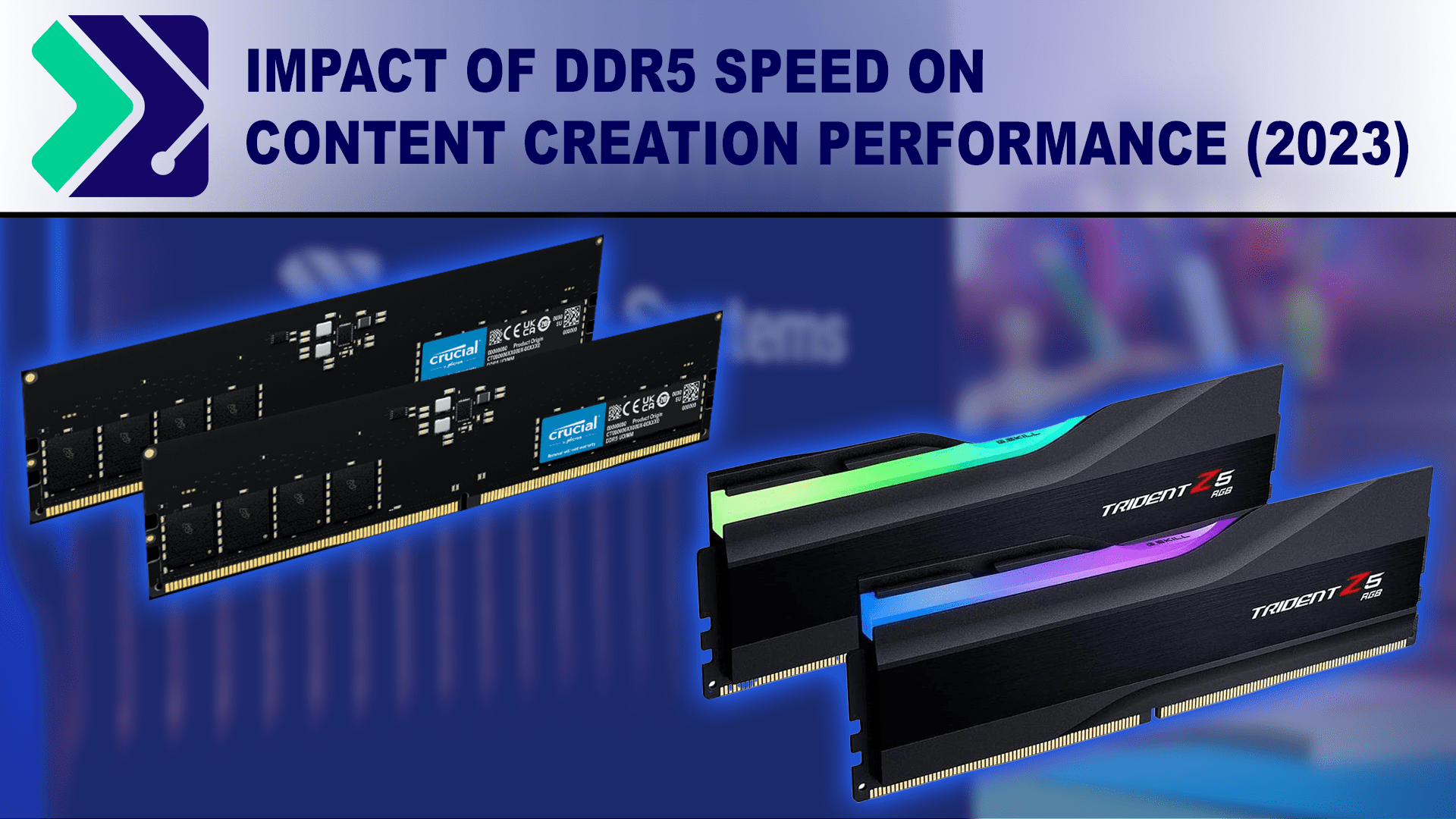
DDR5 memory has kits rated for up to 8400 Mbps, while desktop CPUs only officially support up to 5600 Mbps. How much does running at official specifications actually impact performance in common content creation applications?
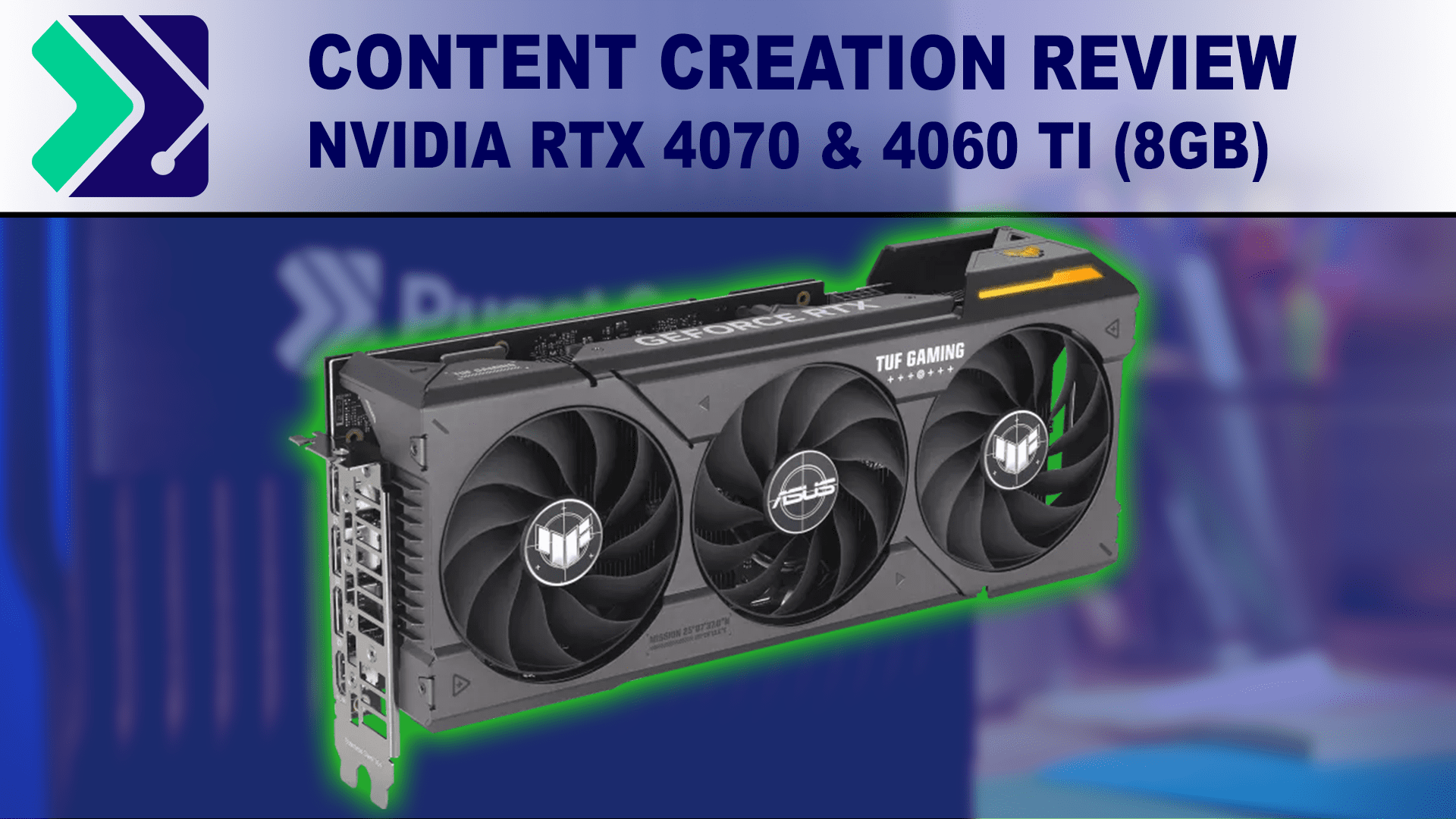
The NVIDIA GeForce RTX 4070 and 4060 Ti (8GB) are the most recent additions to NVIDIAs consumer family of GPUs on their Ada Lovelace Architecture. How do they compare for content creation against their previous generation counterparts?
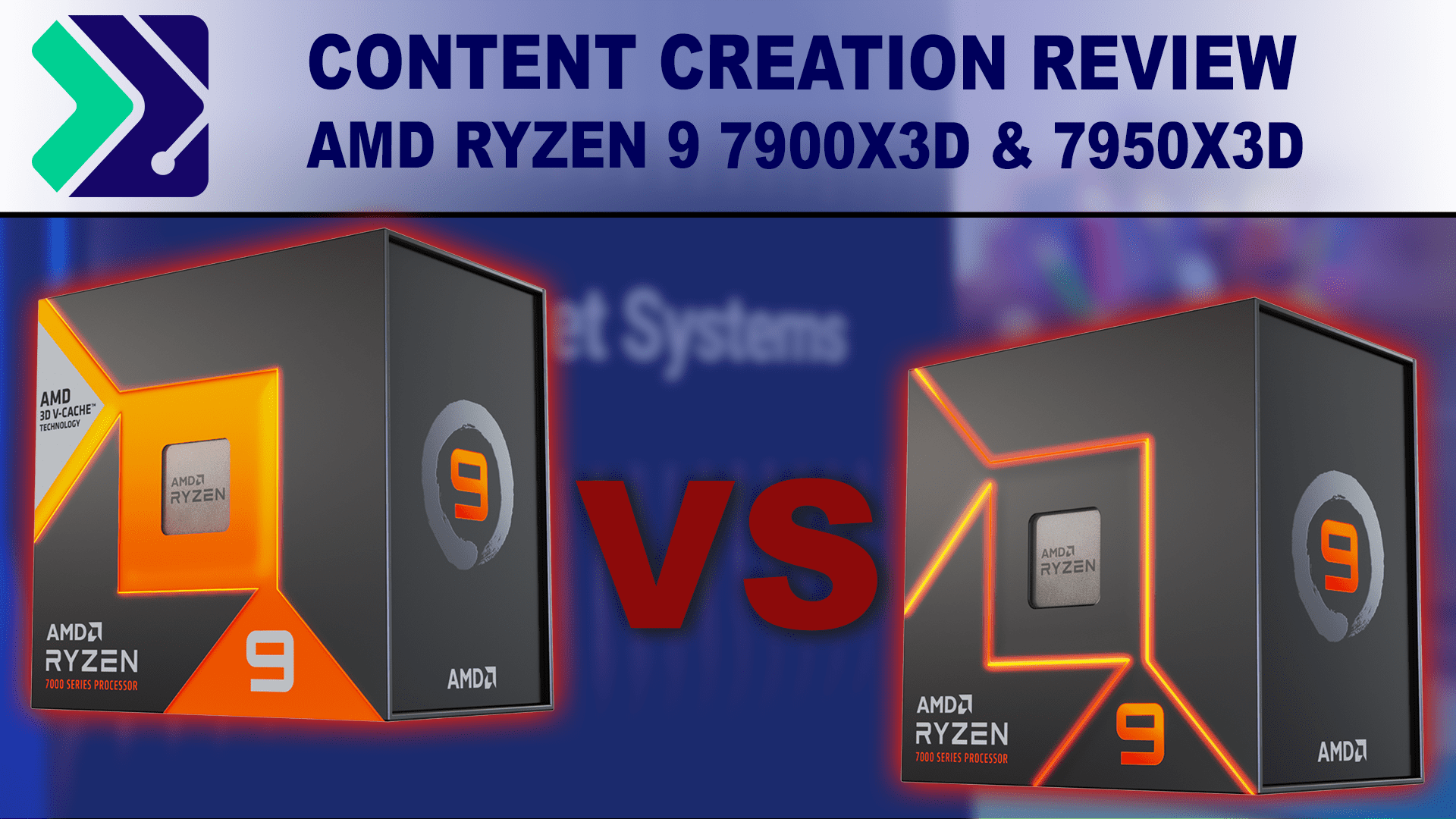
AMD’s Ryzen X3D processors promise incredible performance for gamers and creators. But does the additional cache increase performance for content creation?
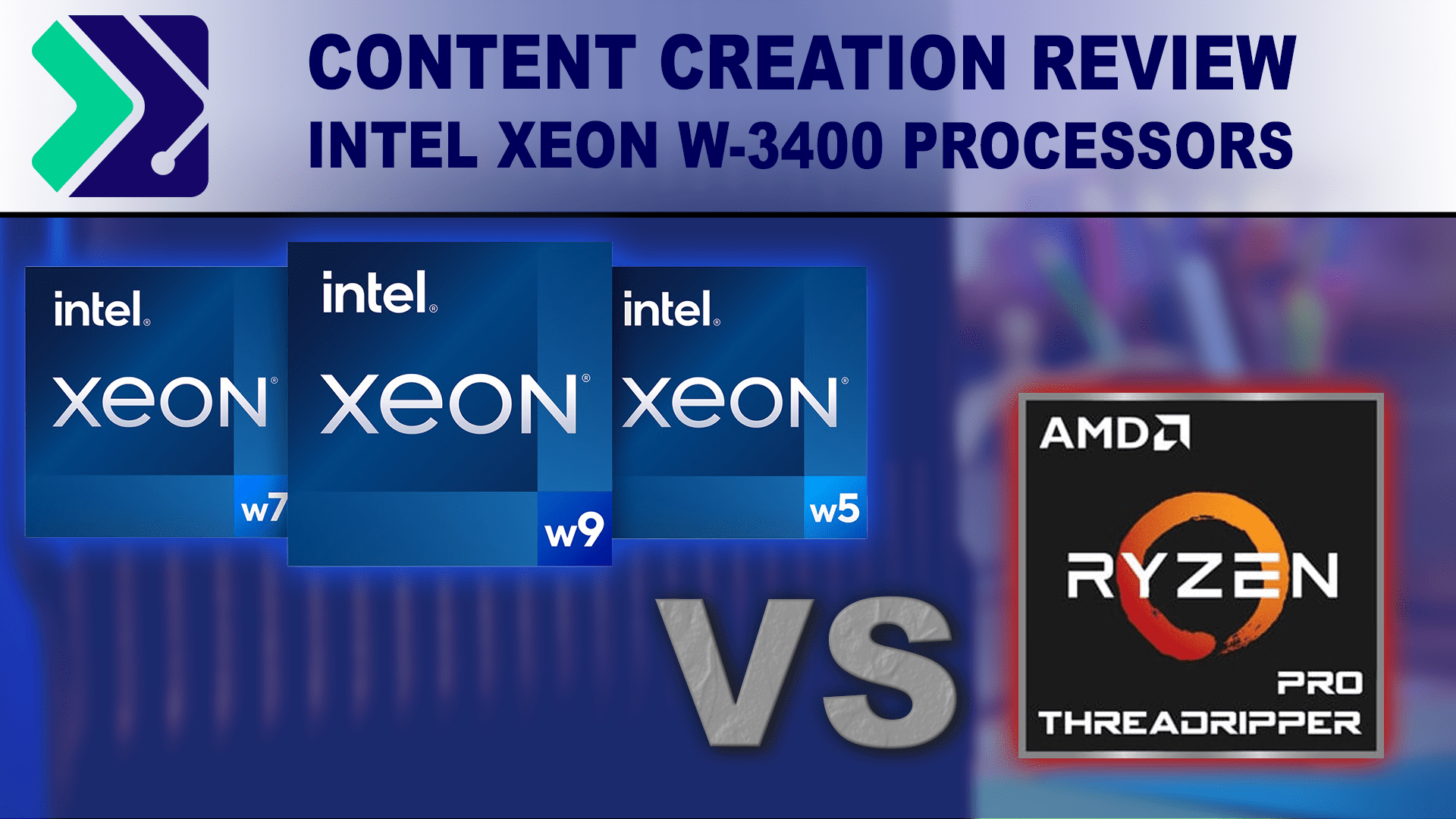
Intel has released its latest Xeon W-3400 processors, featuring up to 56 cores and eight channel DDR5 memory. Are these new processor enough for Intel to take the performance crown from AMD for content creation?
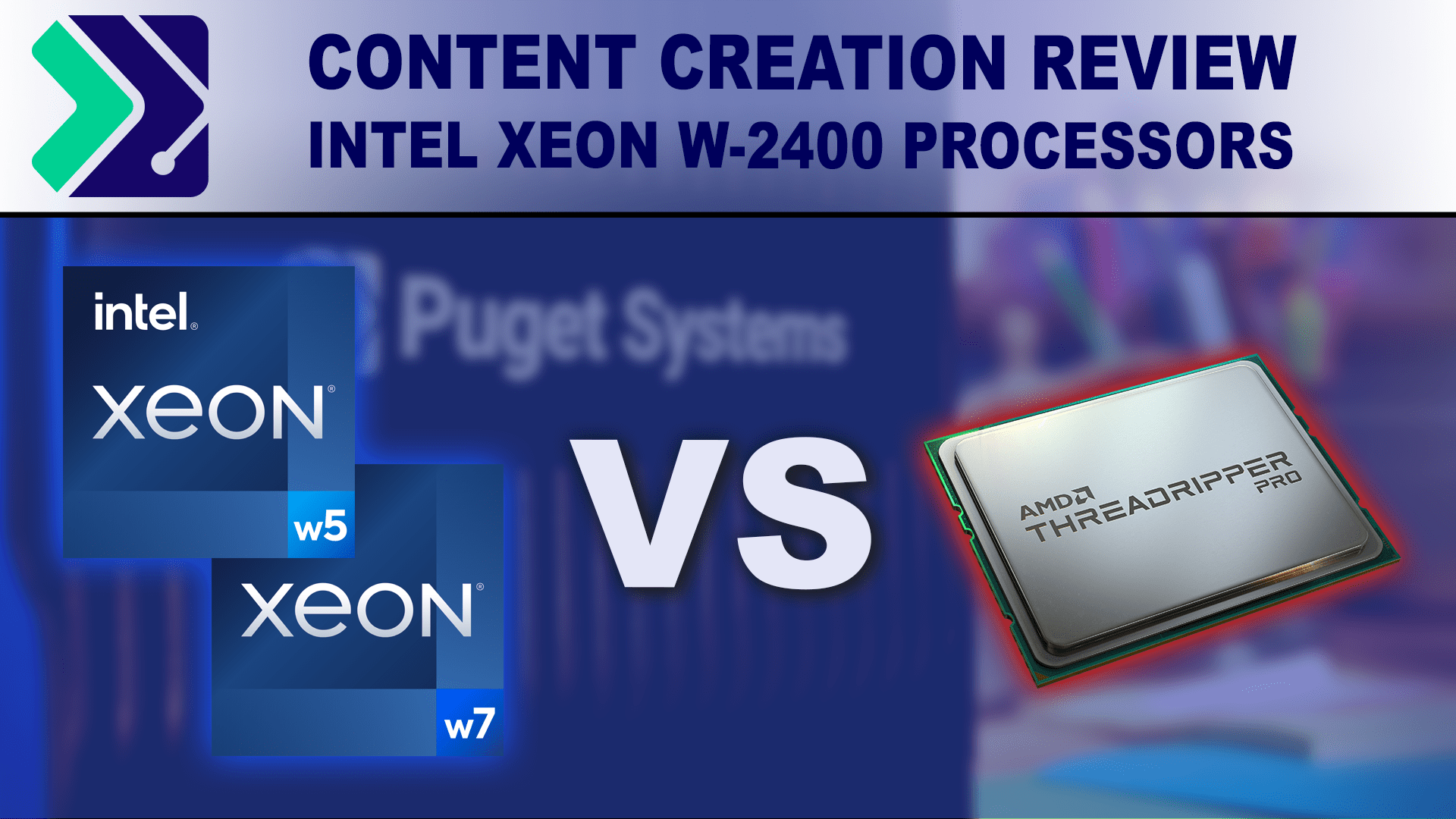
Intel has released its latest Xeon W-2400 processors, featuring up to 24 cores and quad channel DDR5 memory. Although the W-2400 is not as powerful as Intel’s W-3400 line, it is expected to compete well with AMD’s lower core count Threadripper Pro processors for several content creation workflows.
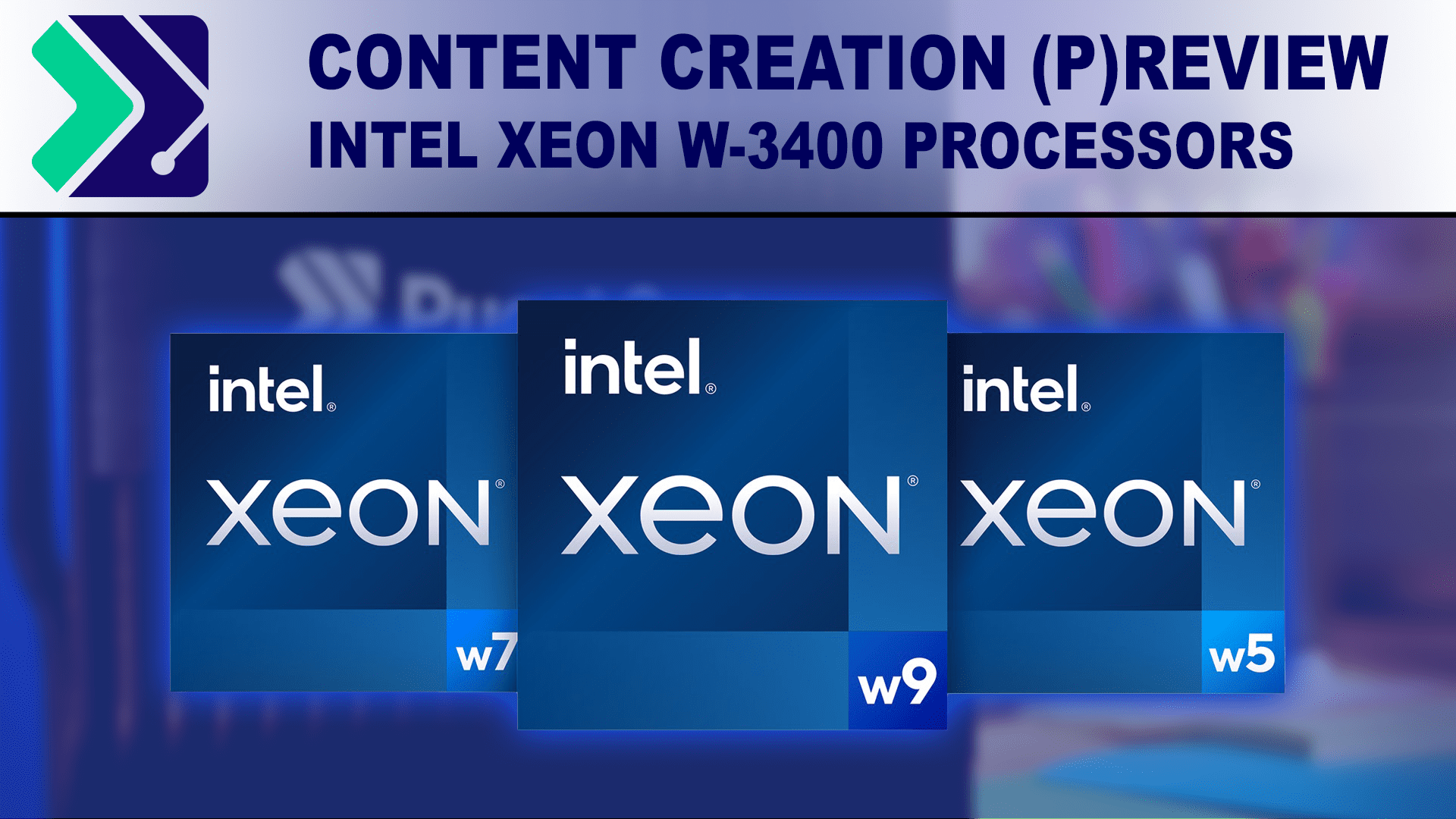
Intel has announced their latest Xeon processor families, including the W-2400 and W-3400 lines. While there is still several months to go before the sales embargo, we are able to give a preview of how these processors perform in various content creation applications.
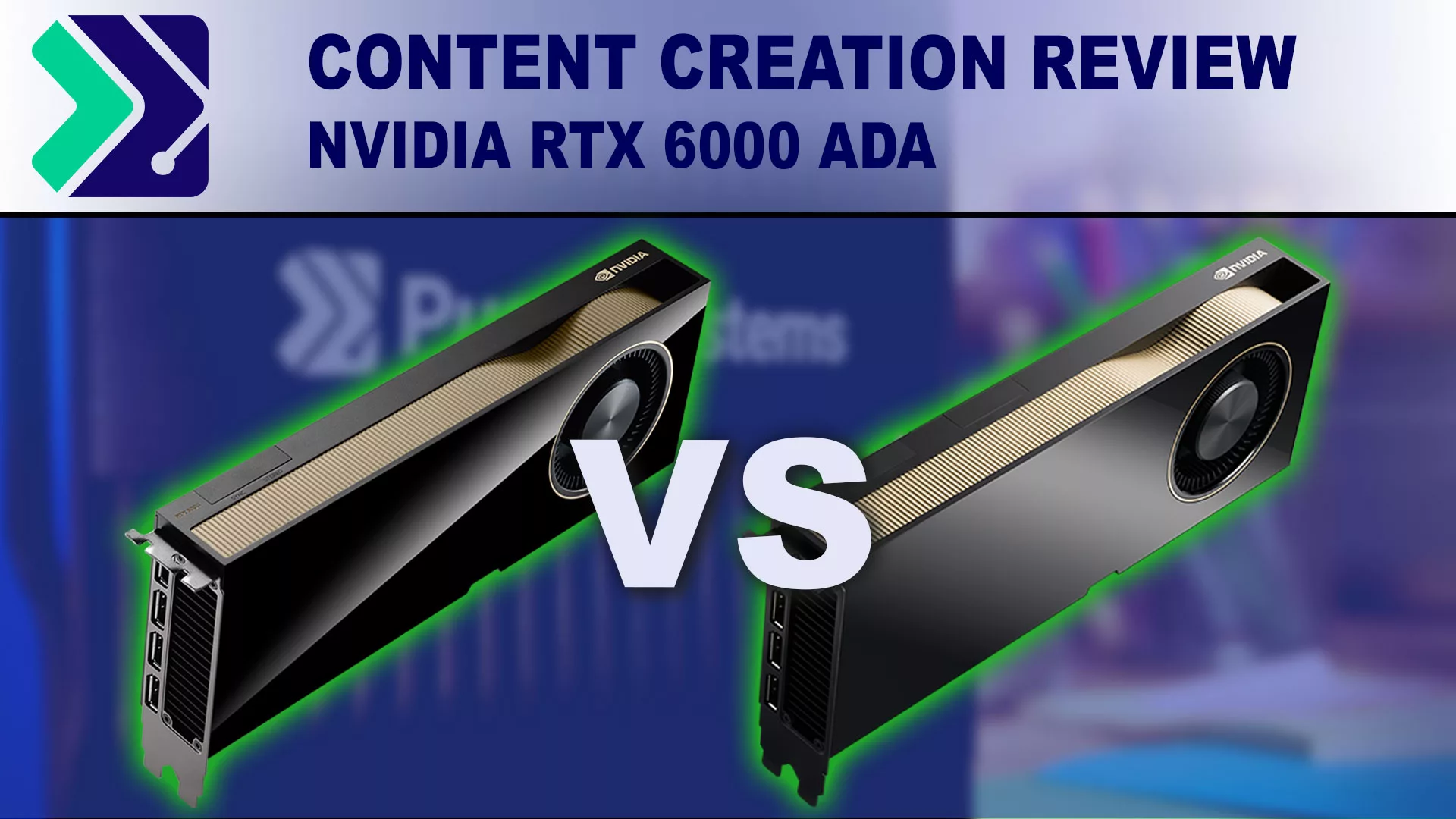
The NVIDIA RTX 6000 Ada is the latest addition to the NVIDIA’s professional family of GPUs. With cutting-edge hardware and the latest Ada Lovelace architecture and 48GB of VRAM, this GPU should be terrific for a wide range of content creation workflows.
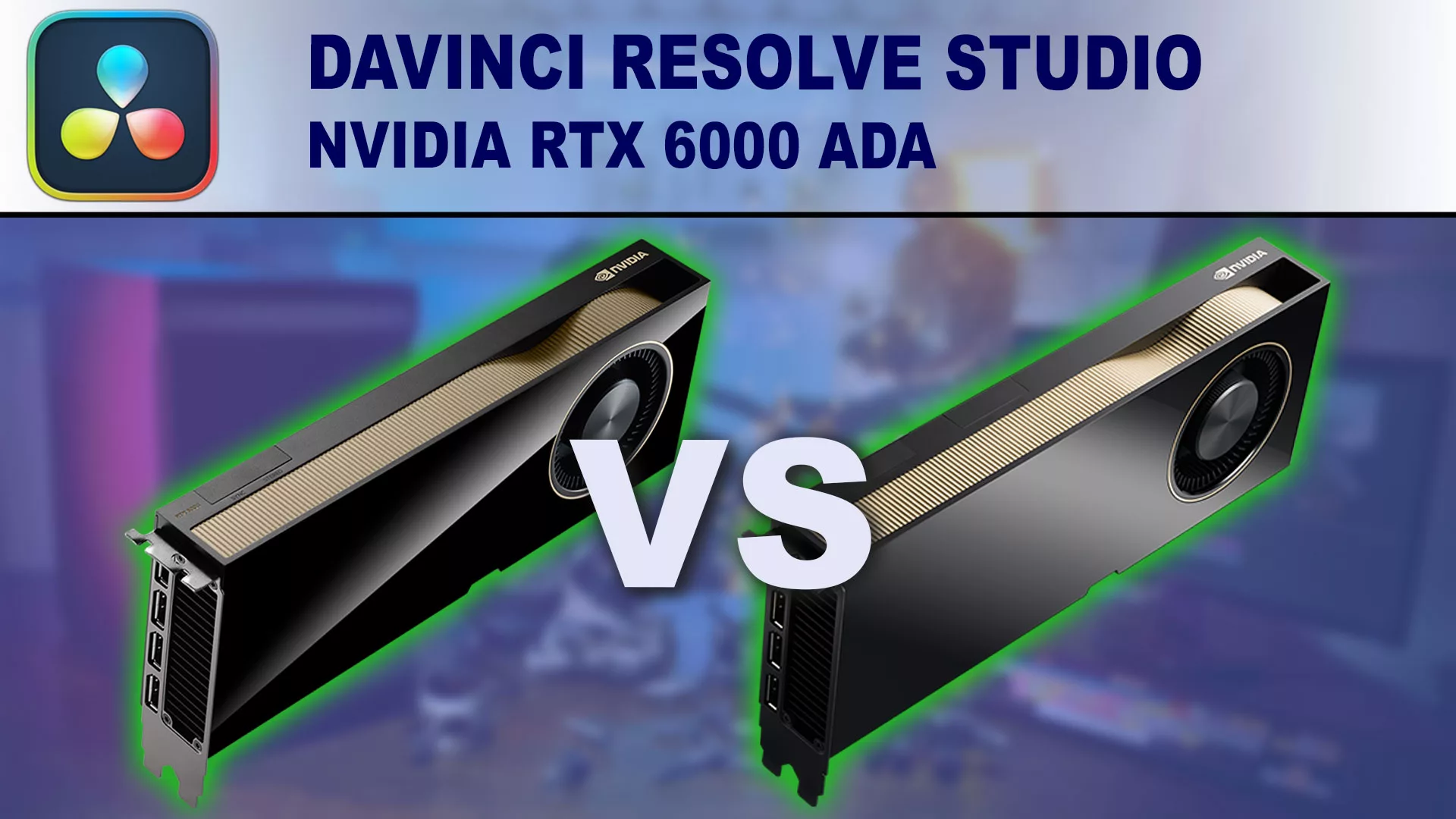
The RTX 6000 Ada is the first of NVIDIA’s Ada Lovelace professional GPUs, and we are excited to see how it stacks up in DaVinci Resolve Studio against both the previous generation RTX cards and their competition from AMD.